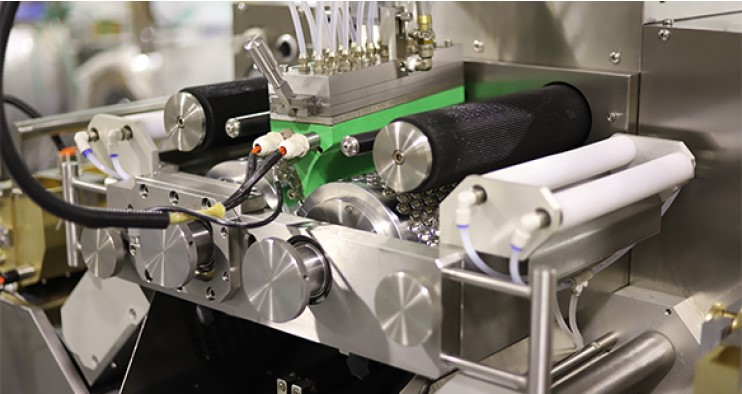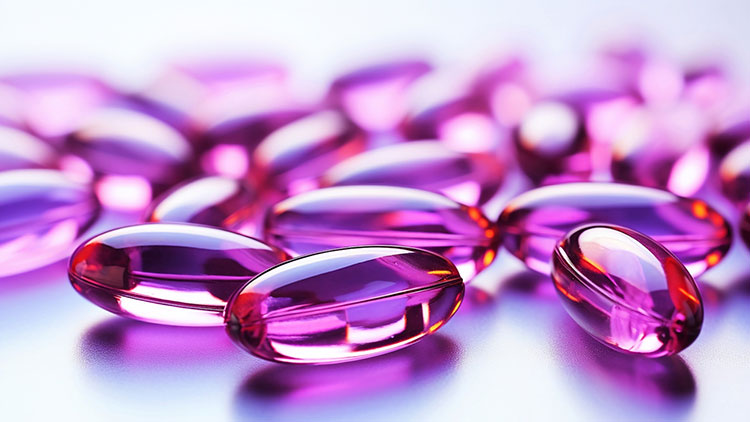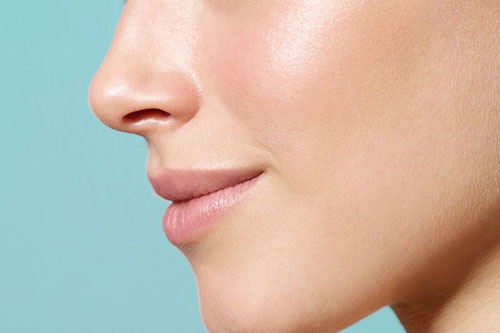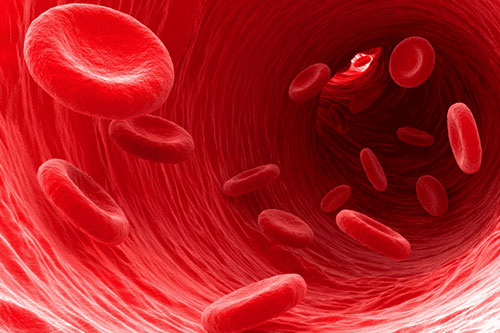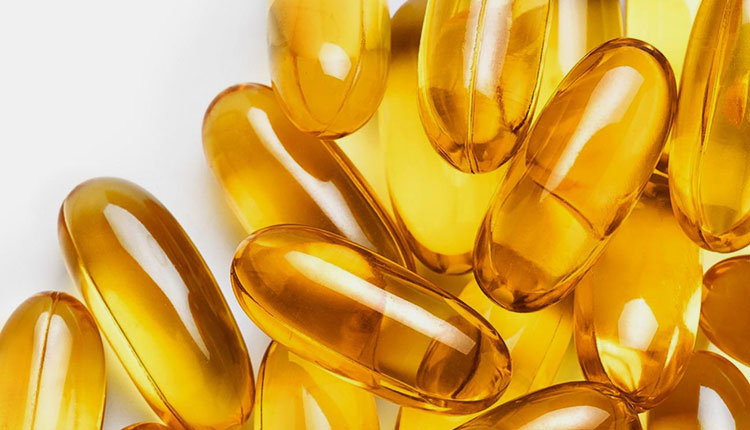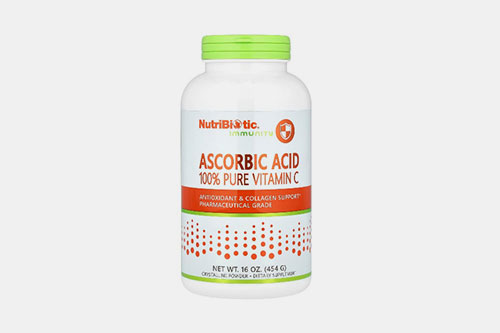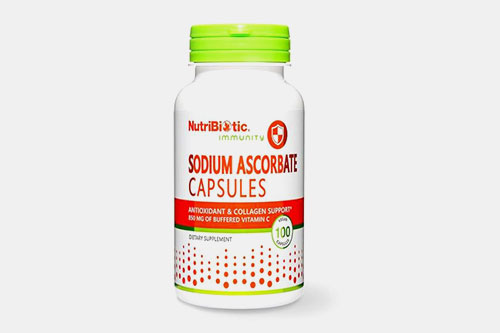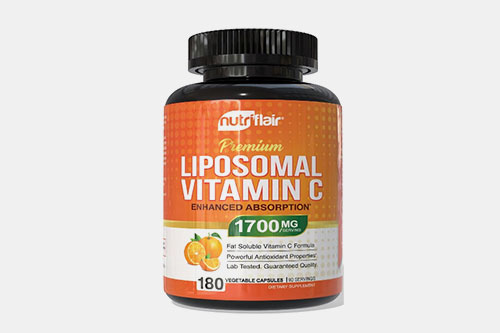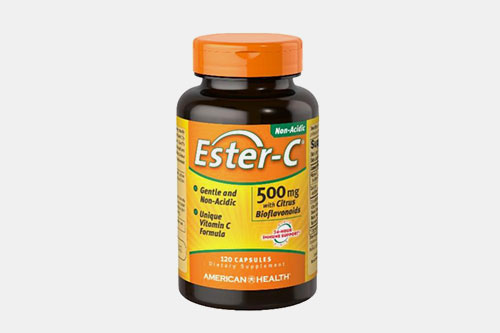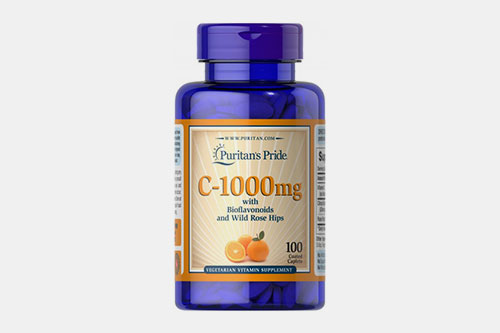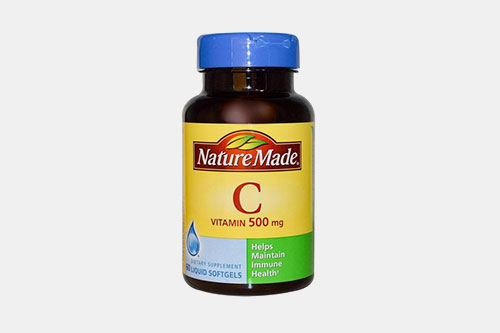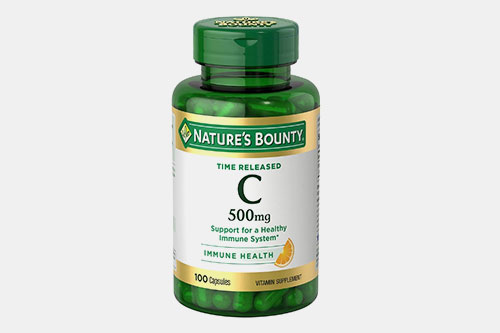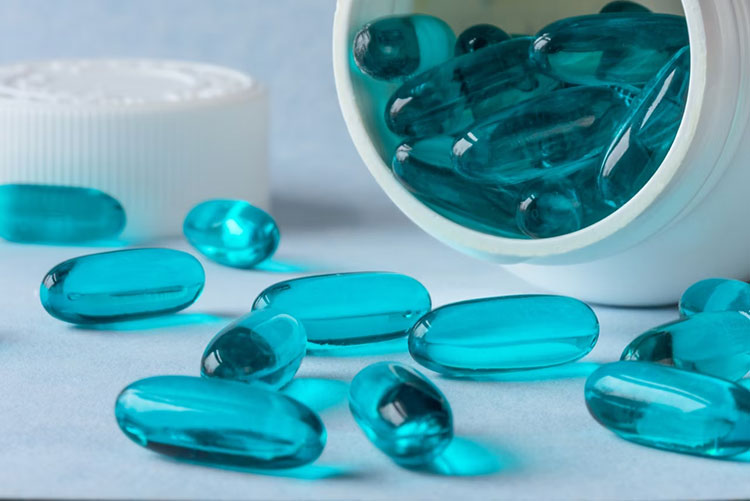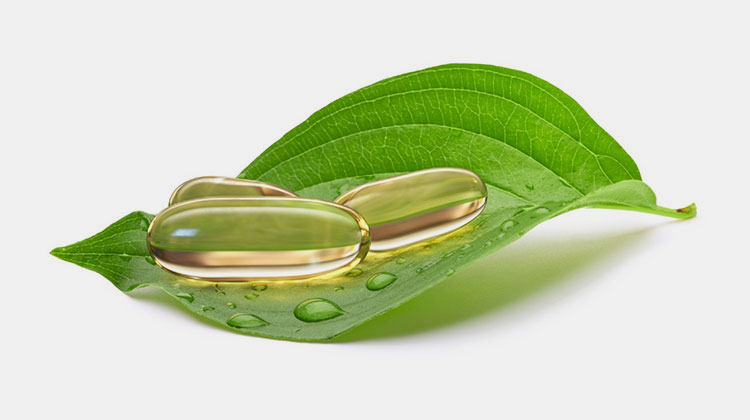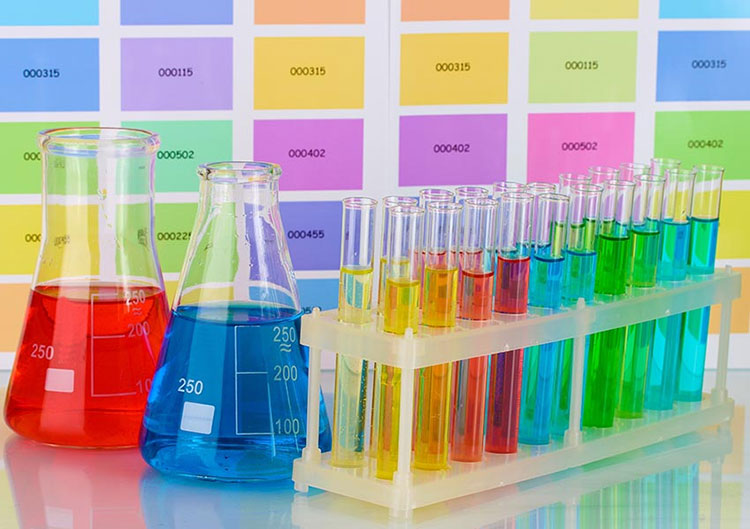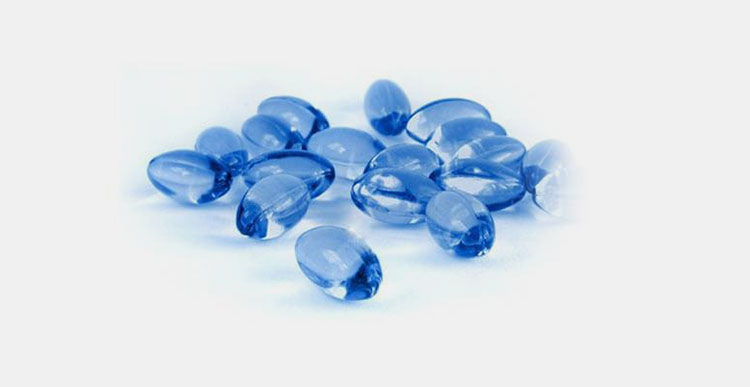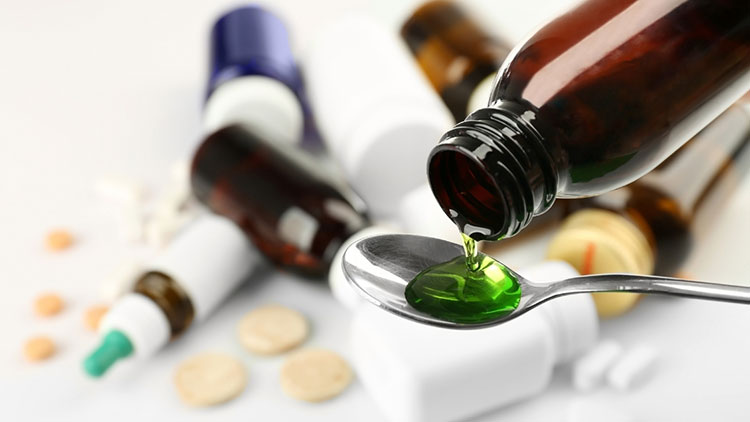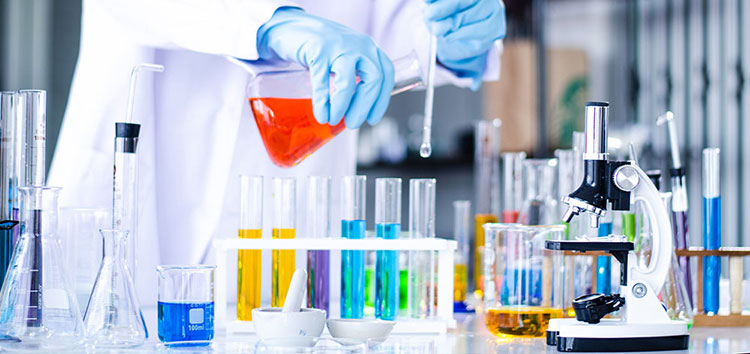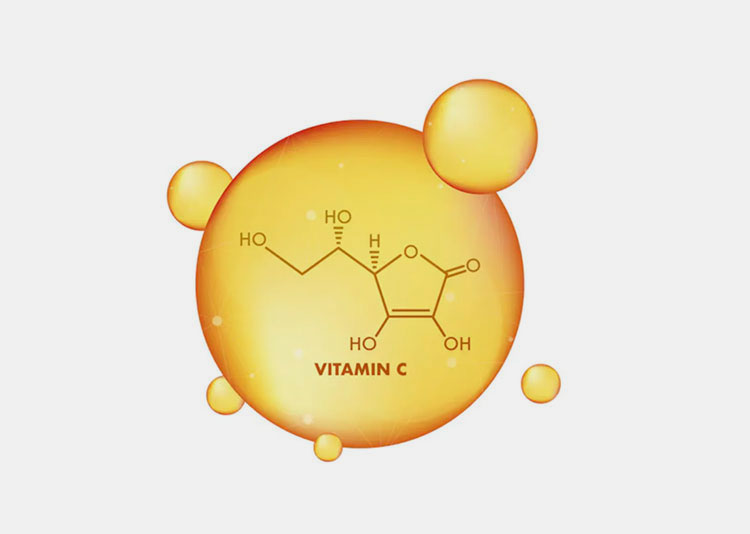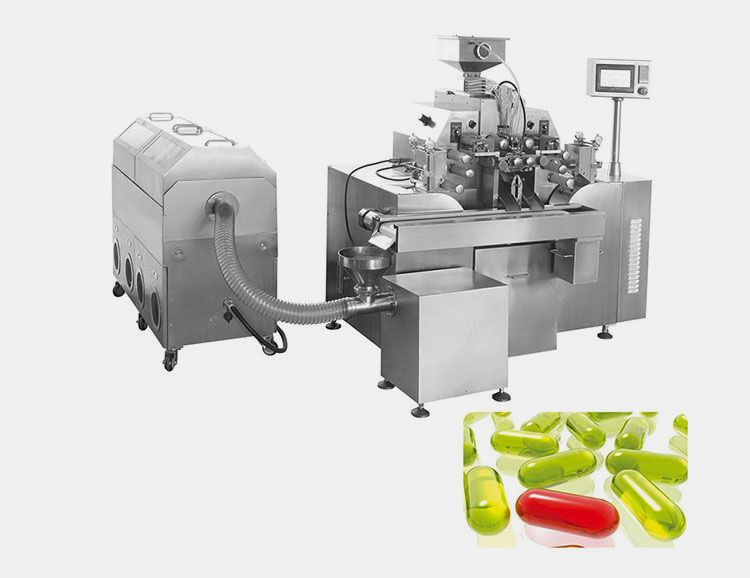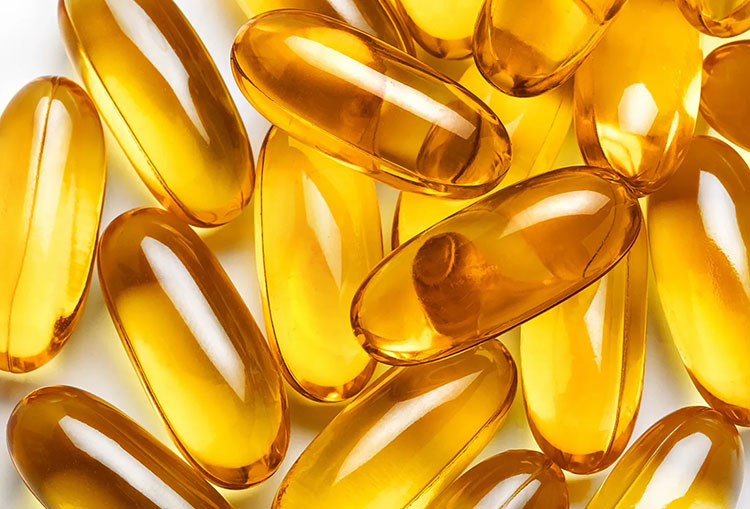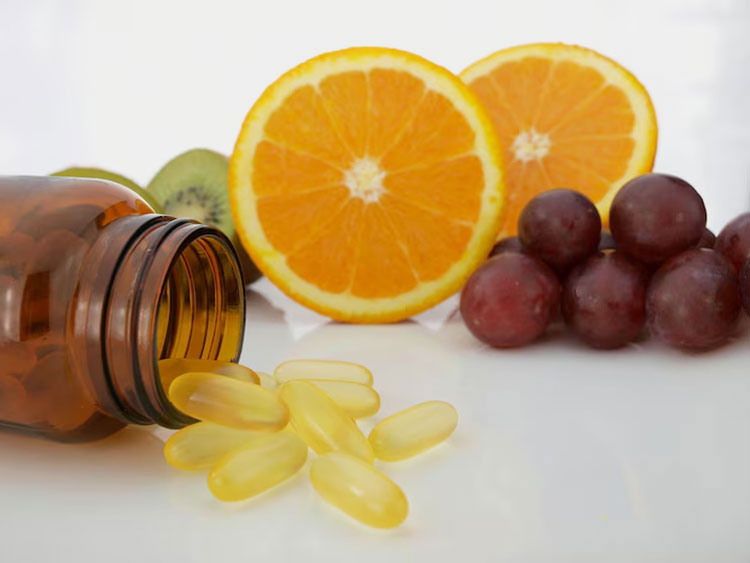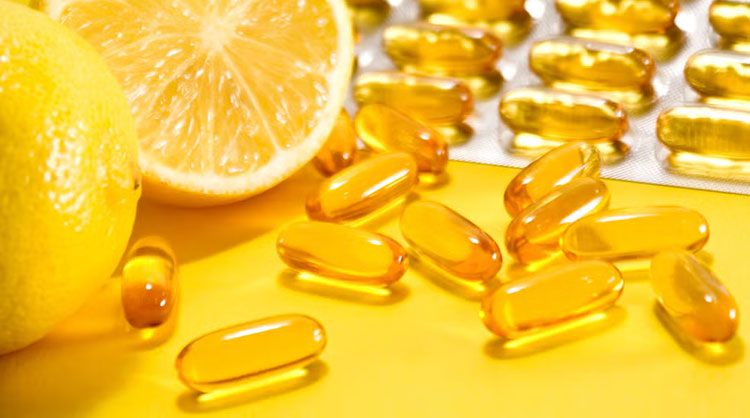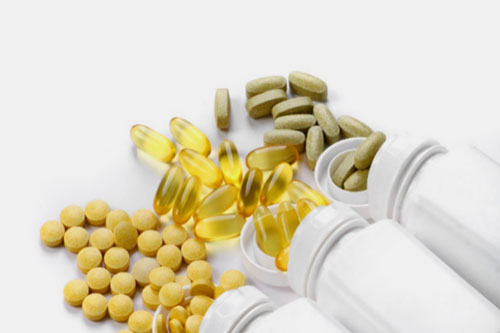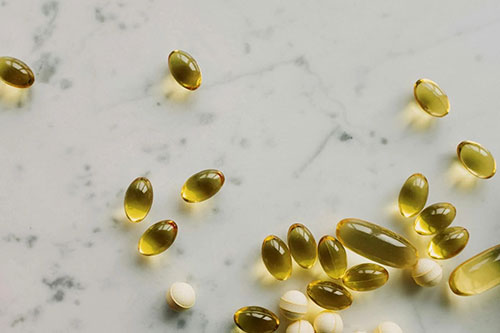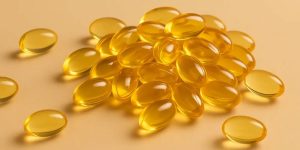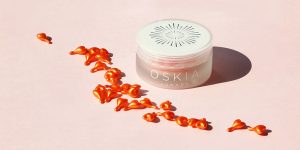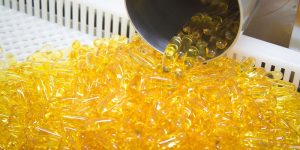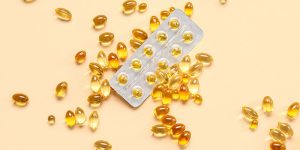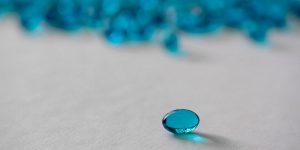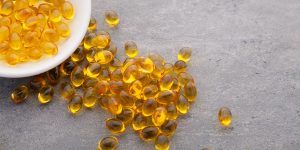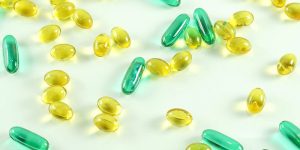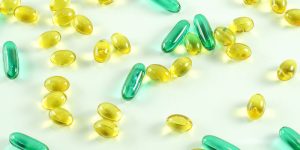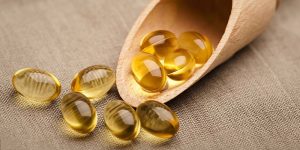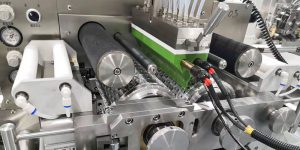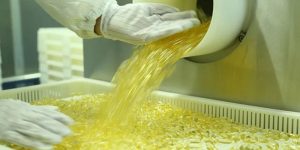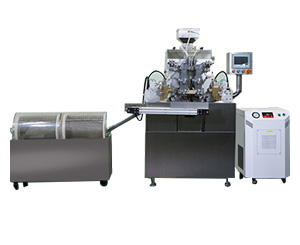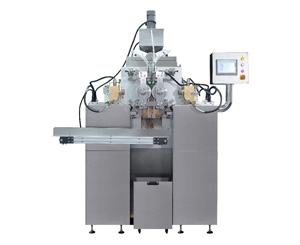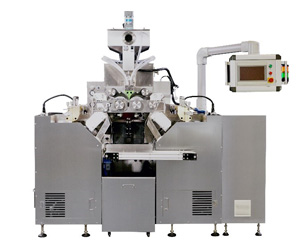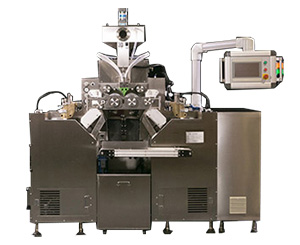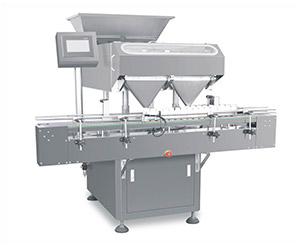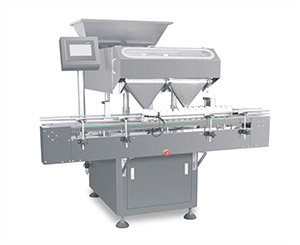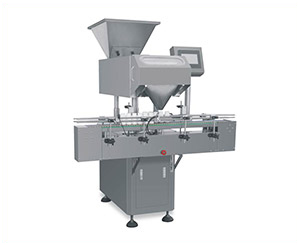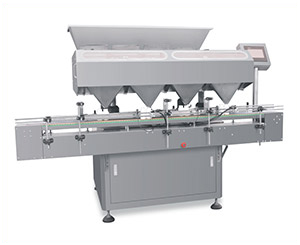Vitamin C Softgels: The Complete FAQ Guide In 2025
Traditionally, The vitamin C pills are being preferred and eaten by people for decades. They are mainly famous its taste and sweet smell. Not even adults but children also love vitamin C for its oranges and citrus fruity flavors.
But did you know they are also available not in chewable tablets but in vitamin C softgels? They’re today offering you therapeutic, immunity related and beauty related benefits! What exactly vitamin C softgels are? How they benefits your wellbeing? How they’re prepared? And how tricky to select the method of manufacturing and machines? This blog is all about general to technical view of vitamin C softgels. Lets read on!
1.What is vitamin C softgels?
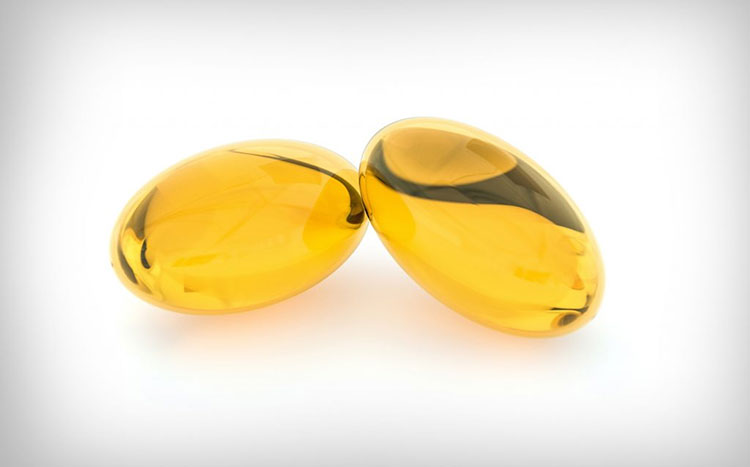
Vitamin C Softgels- Picture Courtesy: Starseed.Com
The vitamin C softgels, which are a very important dietary supplement that contains vitamin C enclosed in a soft and smooth gelatin-based capsule. These capsules are mostly oval-shaped and have a flexible outer shell that makes them easier to swallow compared to traditional tablets. Most softgels contain L-ascorbic acid, which is the active and most commonly used form of vitamin C in supplements.
2.What exactly can vitamin C softgels do for your physiological routine?
Vitamin C Softgels
The vitamin C softgels don’t just fulfill a nutritional gap, but they also play an important role in supporting your major body functions that help you feel energized and healthy. Consistently supplementing your body with vitamin C soft helps you achieve the following benefits.
| Benefits | How It Helps You |
| Boost Your Immune Defense
Picture Courtesy: Get Well Urgent Care |
Daily intake of vitamin C softgels supports the generation of your immune cells, also known as white blood cells which help your body fight infections, and also facilitates faster recovery from flu and common cold. |
| Supports Healthy Skin & Healing
Picture Courtesy: Asra Derm |
These vitamin C softgels encourage your collagen production, which keeps skin firm, speeds up wound healing, and strengthens blood vessels and connective tissues, giving your skin a youthful and healthy appearance. |
| Reduces Oxidative Stress
Picture Courtesy: Ladders |
Vitamin C softgels acts as an antioxidant that neutralizes harmful free radicals caused by pollution, poor diet, or stress, protecting your cells from early damage. |
| Improves Iron Absorption
Picture Courtesy: Science Org |
Consuming vitamin C softgels enhances absorption of non-heme iron, which is plant-based iron, preventing iron deficiency and increasing your energy levels, especially in menstruating individuals. |
| Enhances Brain Function
|
Consistent usage of vitamin C softgels aids in the production of serotonin and dopamine, which are key neurotransmitters that help regulate your mood, memory, and improve your focus. |
| Reduces Fatigue & Boosts Energy
Picture Courtesy: Harvard Health Publishing. |
Vitamin C softgels help produce L-carnitine in your body, which converts stored fat into usable energy, which as a result reduces tiredness and increases stamina during your daily activities. |
3.What are different types of vitamin C softgels?
Vitamin C Softgels
You may think that all vitamin C softgels look similar, but they vary in multiple ways in terms of the material of the capsule, the type of vitamin C enclosed within the capsule, and even the method of consumption. Understanding the differences in types helps you make a smarter and more personalized choice for your health.
Based on the Vitamin C Formula
| Type | Description |
| Ascorbic Acid Vitamin C Softgels
|
As the name suggests, this type of vitamin softgel has pure ascorbic acid dissolved in an oily suspension. Routinely supplementing these softgels in your diet provides you constant supply of vitamin C that boosts your immunity, aids in collagen synthesis, and improves iron absorption in the gastrointestinal tract. However, it could irritate your stomach sometimes. |
| Buffered Vitamin C Softgels
|
Since vitamin C softgels may cause acidity when ingested, buffered vitamin C softgels are created. They’re gentle on your digestive system because they are composed of mineral ascorbates, such as sodium ascorbate. However, they cost more than regular ascorbic acid softgels. |
| Liposomal Vitamin C Softgels
|
To improve absorption, a form of vitamin C softgels has been developed in which your vitamin C fill preparation is enclosed inside liposomes, which are tiny fat bubbles. This safeguards vitamin C from disintegrating in the stomach; thus, it reaches cells more effectively. Usually, best for individuals who are suffering from persistent fatigue, have poor immunity, and have skin issues. |
| Ester-C® Softgels
|
You’re spot on. Indeed, they’re trademarked and have a premium price. In contrast to regular vitamin C softgels, they’re formed by a combination of calcium ascorbate and vitamin C metabolites. Consequently, swift absorption, minimal stomach irritation, and better retention in white blood cells. |
| Vitamin C with Bioflavonoids Softgels
|
In addition to vitamin C (regular or buffered), these softgels also contain naturally occurring plant compounds or bioflavonoids, for instance, rutin, hesperidin, and quercetin. Due to their dual-component composition, they provide synergistic advantages and therefore give additional immune support on intake. |
| Natural Source Vitamin C Softgels
|
Instead of preparing them synthetically, manufacturers typically extract them from natural plant sources, such as acerola cherry, camu camu, or rose hips. Hence, besides supplementing vitamin C, they also provide co-nutrients, like enzymes or bioflavonoids. So, they are preferred by consumers who want clean-label and natural products. |
| Time-Release or Sustained-Release Vitamin C Softgels
|
Absolutely, this preparation is ideal for individuals who’re on the go, have hectic routines, or require all-day vitamin C support. Hence, this vitamin C softgel form is coated with special materials that slowly release vitamin C over several hours. Thus, you’ve steady vitamin C levels in your blood and no sudden spikes. |
4.What is the composition or ingredients of vitamin C softgels?
The composition of vitamin C softgels is discussed below:
Outer Shell of Vitamin C softgels
Outer Shell Of Softgels- Picture Courtesy: Dow
This is a protective barrier and a storage shell to embed the vitamin C formulation inside. The shell of vitamin C softgels are composed of number of ingredients. First of all, we will talk about animal-based shell and plant-based shell.
Animal Based Shell
The major portion of softgel is prepared from collagen of animals as gelatin. This is extracted from collagen of animals like cows, pork, and upper skin of the fish. The originated substance is mainly flexible and stretchy; it is easy to digest inside your digestive tract and ensure proper holding of liquids. Although due to dietary restriction it is not preferred in many regions across the globe.
Gelatin Type A
This is also known as acidic gelatin. Here, the raw material is diluted in acidic medium and extracted in low pH solution for example skin and connective tissues.
Gelatin Type B
This is known as the alkaline process that uses lime solution or basic solution to hydrolyze the collagen from bones.
Plant-Based Shell
Plant Based Shell- Picture Courtesy: Pharmaceutical Technology
This is highly recommended and stable component for vitamin C softgels for dietary restrictions. It ensured greater bioavailability and keep APIs safely. This is mainly extracted from cellulose or cell wall of the plants such as carrageenan from sea moss, seaweeds, and composed of modified starch molecules to protect the content inside the shell.
Plasticizers
Plasticizer – Picture courtesy: Polymer solutions
The vitamin C softgels are flexible and soft due to addition of plasticizers. It minimizes the brittleness and improves elasticity. The commonly used plasticizers in softgels are glycerin and sorbitol or its mixture. It helps in enhancing the elasticity of firmness of gelatin or capsules shells and manages the intermolecular bonds among the ingredients of shell.
Water
Water- Picture Courtesy: Eurofen Australia
Water content plays important roles in the dissolution of ingredients of vitamin C softgels. This is used in the manufacturing and reduced up to 4-10% in the end to avoid quality compromise. The reason for leaving little bit water content is keep integrity and flexibility in the capsule.
Colorant
Colorant- Picture Courtesy: Dyechemhouse
The colorants are used to enhance the appearance and aesthetics of vitamin C softgels. There are two main types of colorants added such as natural and synthetics. The natural are originated from plants sources such as chlorophyll, caramel, and synthetic are obtained from dyes that are FDA approved.
Opacifiers
Opacifiers
To make vitamin C softgels opaque, the opacifiers are added such as titanium oxide.
Flavoring Agent
Flavoring Agent- Picture Courtesy: NOREX
To enhance palatability of the vitamin C softgels, the flavoring agents are used such as plants based or fruity flavoring substances are added. For example, peppermint oil, apple cedar, cherry.
Preservatives
Preservatives- Picture courtesy: WASU Healthacare
Conventional preparation of vitamin C softgels are implemented with addition of preservatives such as parabens in a minor amount. However, the modern formulation of vitamin C softgels are free from content of preservatives.
Inner content Vitamin C Softgels
Vitamin C- Picture courtesy: Yarn
The inner of content of the vitamin C softgels are mainly composed of vitamin C either an oil base formulation such as sunflower oil, or water in oil-based vehicle such as lecithin, polysorbate 80.
5.How are vitamin C softgels prepared?
Believe it or not, vitamin C softgels are prepared by not just mixing and blending ingredients, but also with encapsulating and drying steps. But, make sure that you’re performing all these steps under hygienic and controlled conditions to ensure complete safety and potency of products. So, read the section below to learn important steps in vitamin C softgels preparation:
Preparation of Fill Material
Material- Picture Courtesy: Family Health Diary
You can’t just jump straight into encapsulation. First, you’ve to perform preliminary processing, involving preparation of fill material. For this, you can produce vitamin C from glucose, obtained from wheat or corn. Or you can source it from other suppliers.
Once you’ve ascorbic acid or vitamin C, you’ll prepare other fill ingredients by weighing their appropriate quantities. After that, vitamin C is blended with a carrier vehicle, usually an oil, for instance, vegetable oil. Additives, like tocopherol and preservatives, are added to the vitamin C-oil mixture to boost the shelf life of softgels. Now, blending of components is carried out to obtain a smooth and evenly distributed fill material preparation.
Formation of Gelatin Shell
As you know that softgels are composed of a gelatin shell, so you’ve to prepare a gelatin coat first. In this step, gelatin, plasticizer, water, as well as colors and flavorings, are weighed and mixed by heating the ingredients in large tanks.
So, a viscous and warm gelatin paste is produced, which is kept warm for the encapsulation step.
Encapsulation
AIPAK Vitamin C Softgels Machine
Think of this step as the heart of vitamin C softgel manufacturing. This step is executed in the softgel encapsulation machine. So, you first load your gelatin liquid inside the spreader box, which uses drums or rollers, to form gelatin ribbons.
Then, these ribbons are fed simultaneously in the softgel encapsulation machine. This feeding is done in such a way that ribbons from opposite side of machine move in the area between wedge and die rollers. At the same time, the fill material is introduced into gelatin ribbons using injection wedge.
As soon as fill material is placed between ribbons, heat, pressure, and die rotation seal the two ribbons around fill material. And die rollers also cut single softgel from a continuous ribbon.
Drying
Drying Vitamin C Softgels- Picture Courtesy: Sirio Europe
After encapsulation, you can see that newly made softgels are delicate and sticky, as they contain too much moisture. Hence, they’re dried by moving them to the tumble dryers. So, for many hours, these softgels are rotated and dried with the circulating heated air.
Then, they’re transferred to tray drying, where they’re spread out on trays and placed in huge drying rooms to remove the remaining moisture left over after tumble drying.
6.What are the types of equipment used for vitamin C softgels preparation?
After learning about the steps of vitamin C softgels manufacturing, you might be wondering about what machines are needed to produce these capsules. So, for your peace of mind, here we’re penning different equipment found in this production line.
| Gelatin Melting Tank | This is also known as a storage or mixing tank. Certainly, you can use this equipment to mix gelatin and plasticizer ingredients in water through its integrated heating system. It has thermal insulation that aids in keeping ingredients inside at a constant temperature and prevents overheating of the machine. | 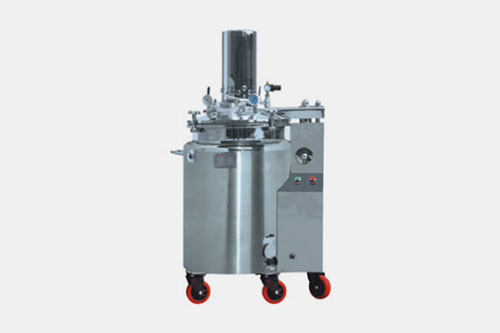
AIPAK Gelatin Melting Tank |
| Colloidal Mill | As you may have guessed by its name, this machine is utilized in vitamin C softgel production when you need fine grinding of both solid and semi-solid materials. There is a tiny set of fine and rotating teeth that crush materials between them. Due to the generation of enormous shearing and frictional forces, emulsions of fill materials are formed. | 
AIPAK Colloidal Mill |
| Vitamin C Softgels Encapsulation Machine | Yes, it’s truly the star of vitamin C softgels production. This machine combines gelatin mixture and fill material containing vitamin C to make vitamin C softgel. The transformation of gelatin ribbons into softgel capsules occurs with the help of a wedge, die rollers, and an injection wedge. Also, you’ll find a cooling unit in this system that cools softgels instantly after formation. | 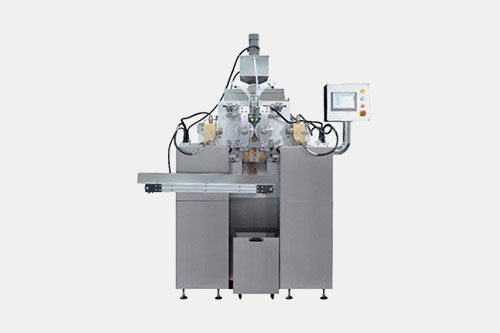
AIPAK Softgel Encapsulation Machine |
| Tumble Dryer | In this dryer, you’ll observe a rotation of the drum following with heated air to evaporate moisture content present in the capsules, the vitamin C softgel capsules fall down and tumble, so they get even contact with warm air. | 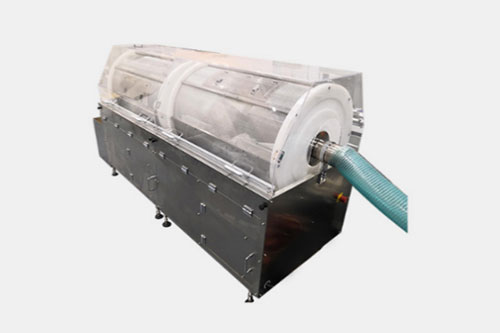
AIPAK Tumble Dryer |
| Drying Trays | Indeed, after tumble drying your vitamin C softgels, you can use drying trays to ensure their complete drying. Sure, these trays are safe to use in supplement production because they’re made with food-grade polyethylene or polypropylene materials. Moreover, they’ve big holes or gaps for better ventilation and moisture evaporation. | 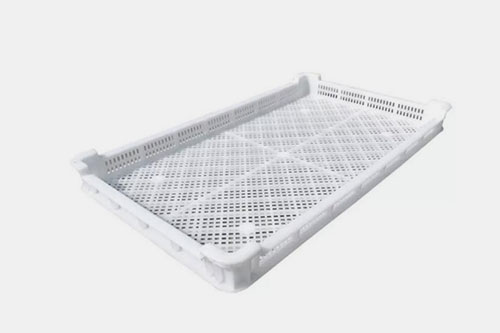
AIPAK Drying Tray |
7.How much vitamin C softgels is recommended?
Daily dose of love for immunity & health
Vitamin C is a water-soluble vitamin that performs vital functions in our body. It helps the body with collagen production, boosts immunity, supports wound healing among others. A human body cannot synthesize vitamin C on its own, making it essential to get it through supplements such as vitamin C softgels.
Let’s explore the recommended dosage of vitamin C softgels for different groups of people.
Children
Children friendly immune support option- Picture Courtesy: Kids Eat in Color
For children, vitamin C softgels is a convenient way to boost their immune system and overall health because let’s be real, children are picky eaters, they don’t always eat their fruits and vegetables. For children aged 1-3 years, recommended vitamin C softgel intake is 15 mg while for children aged 4-8 years, 25 mg is recommended.
Pregnant Women
Growing and glowing with right choice of supplements- Picture Courtesy: Parents
For pregnant women, the daily intake of vitamin C softgel recommended is 85 mg. This essential supplement plays an important role in development and nourishment of fetus’s tissues and bones. However, it is important to consult a professional healthcare provider before starting any supplement, especially during pregnancy.
Adults
Support Your Energy And Smiles While Keeping Your Immunity On Track
For adults, vitamin C softgel intake recommended is 75 mg for women and 90 mg for men. These softgels are an effective and practical option for daily use to cover those nutritional requirements. Unlike powders or chewable options, vitamin C softgels are convenient and easy to swallow, making them an ideal choice for adults with a busy schedule.
Older Adults
Aging with strength- Picture Courtesy: Parsons House La Porte
The recommended vitamin C softgel intake for older adult is 90 mg for men and 75 mg for women. As we get older, our body’s need for nutrients and vitamins increases, making vitamin C softgels a healthy and essential choice for daily consumption.
Kidney Patients
Vitamin C softgels support for delicate systems- Picture Courtesy: Upstate Medical University
For individuals with kidney and renal issues, vitamin C softgel intake must be prescribed and monitored by a healthcare professional. While it is essential for immunity and strength, excess amount of vitamin C softgels in kidney patients can be harmful, especially those on dialysis and with chronic kidney disease (CKD).
Lactating Mother
For mama’s healthy milk- Picture Courtesy: Dr Olfa Koobar
For lactating mothers, the daily intake of vitamin C softgels increases to 120 mg, in order to support the mother’s health and child’s development. Vitamin C softgels are a convenient option for mothers as they have a busy schedule.
8.What should you watch for while using vitamin C softgels medication?
Healthy Choices-Picture Courtesy: Ingredient Network
Vitamin C softgels are widely consumed for their effectiveness and convenience. They offer several benefits to individuals but it is important to take them as prescribed and understand their advantages as well as potential risks.
Positive Effects
A healthy individual
Vitamin C softgels have several health benefits. They support immune functions, skin health and promote rapid recovery from injuries and wounds. Vitamin C softgels also enhance iron absorption from plant-based foods, reducing the risk of iron deficiency anemia.
Unwanted Effects
Upset stomach- Picture Courtesy: Hennepin Healthcare
Even though vitamin C softgels are safe to consume, taking them in high doses can be harmful and may lead to side effects. Some individuals experience nausea, upset stomach and cramps, especially if the softgels are consumed on an empty stomach. Some may also experience allergic reactions like itching, rashes or swelling. It is important to take these vitamin C softgels as prescribed by a healthcare professional.
9.Where should you store vitamin C softgels?
Storage
To preserve their potency and increase their shelf life, vitamin C softgels are recommended to store at cool, dry place protected from sunlight, heat and moisture. The ideal storage conditions involve keeping them tightly sealed and storing them in a cabinet or drawer at room temperature ideally at 15 °C to 25 °C.
Avoid places with humidity and heat like the kitchen and bathroom, as moisture and heat can cause softgels to degrade or clump together. It is also essential to keep the container away from the reach of children. Right storage conditions ensure that the vitamin C softgels remain effective and potent.
10.What is difference between vitamin C softgels and vitamin C chewable?
Vitamin C supplements come in different forms, but softgels and chewable are most popularly consumed. Both have similar functions, but they differ in some ways. The differences are listed below.
| Attributes | Vitamin C softgels | Vitamin C chewable |
| Form
Softgels vs tablets-Picture Courtesy: SMP global nutrition. |
Vitamin C softgels are gelatin-based capsules that are filled with oil-soluble or liquid form of vitamin c. | Vitamin C chewable are solid tablets that are chewed and swallowed. |
| Taste
Gelatin-based capsules- Picture Courtesy: PharmaKhabar |
Vitamin C softgels are tasteless, ideal for individuals who dislike flavored supplements. | Vitamin C chewable are usually in fruity flavors, ideal for people who prefer flavored supplements. |
| Preference
Child taking supplement-Picture Courtesy: Nature Made |
Vitamin C softgels are ideal for adults who need high dose and no flavour. | Chewable option is ideal for kids or individuals who struggle with swallowing pills. |
| Absorption
Happy pills, healthy lives. |
Vitamin C softgel gelatin coating allows efficient absorption in blood. | Vitamin C chewable also supports functional absorption, allowing the digestion process to start from mouth through chewing. |
| Storage
Flavorful softgels-Picture Courtesy: Align |
Vitamin C softgels must be stored at a cool dry place. | Vitamin C chewable are easy to store, but may degrade faster if too much exposed to heat and sunlight. |
Conclusion
The vitamin C softgels is an ideal mode of administration supplements with greater bioavailability and potency. However, according to manufacturing point of view it will cost you initial investment to bring a quality and promising system. At AIPAK we offer exclusive range of vitamin C softgels equipment with pocket friendly prices. Our team is always available welcome to provide the one stop solution related to your requirements. What are you waiting for! Contact us now.
Don't forget to share this post!
Softgel Encapsulation Machine Related Posts
Softgel Encapsulation Machine Related Products
Softgel Encapsulation Machine Related Videos
CONTACT US
Tell us your raw material and project budget to get quotations within 24 hours.
WhatsApp Us: +86 181 6426 8586

Want the best price & newest pharmaceutical machinery buying guide,tips and trends sent straightly to your box?Sign up for Aipak’s monthly newsletter,we’re free for your consultation and Offer you the most suitable solutions!
The Buyer's Guide
- Capsule Filling Buyer's Guide
- Blister Packaging Buyer's Guide
- Tablet Counting Buyer's Guide
- Tube Filling Buyer's Guide
- Cartoning Buyer's Guide
- Gummy Making Buyer's Guide
- CO2 Extraction Buyer's Guide
- Empty Capsules Buyer's Guide
- Suppository Filling Buyer's Guide
- Tablet Coating Buyer's Guide
- Tablet Press Buyer's Guide
- Softgel Encapsulation Buyer's Guide
Most Popular
- 7 Importance Of Pharmaceutical Packaging In Different Applications You Must Know
- 6 Advantages You Must Know About Tablet Counting Machine
- 8 Advantages of Blister Packaging You Must Know
- 6 Critical Applications of Automatic Capsule Filling Machine
- 6 Stations You must Know to Improve the Filling Quality of Automatic Capsule Filling Machine
